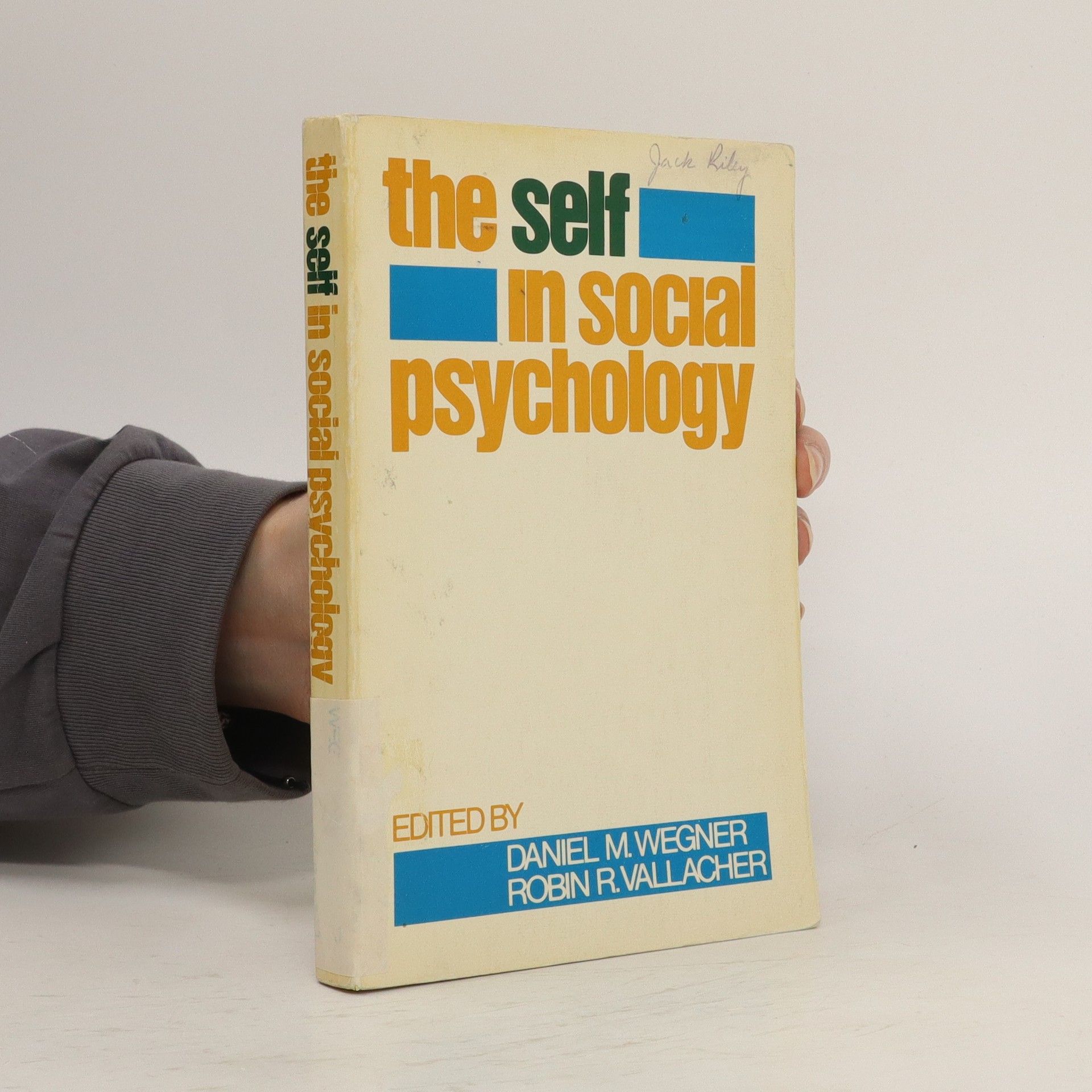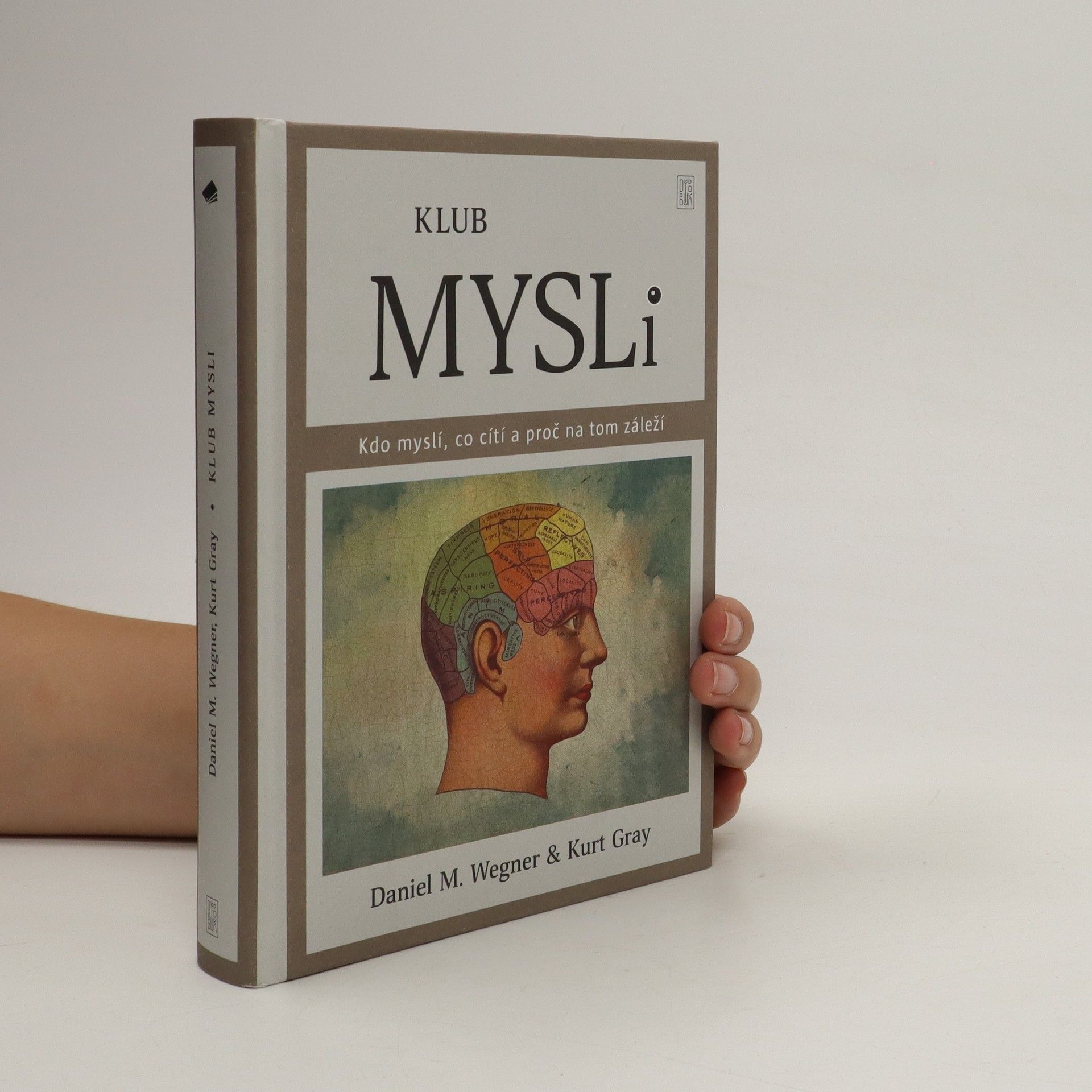Unsere Geschichte mit Sex
Einblicke in laute Debatten und leise Lebensgeschichten. Qualitative Ergebnisse der empirica Sexualitätsstudie
- 256 Seiten
- 9 Lesestunden
Über Sex werden viele verschiedene Geschichten erzählt – auch im christlichen Kontext. Jede Einzelperson hat ihre eigene Geschichte mit Sex. Die empirica Sexualitätsstudie hat untersucht, welche Geschichten über Sex in christlichen Büchern, Zeitschriften und Social Media erzählt werden und wie sie sich im Leben von 14 jungen Christ:innen widerspiegeln. Wahrnehmbar werden laute Debatten über Solosexualität oder Sex vor der Ehe und leise Lebensgeschichten wie die von Rahel oder Juliano. Die wichtigsten Ergebnisse werden in diesem Buch gut nachvollziehbar vorgestellt.





